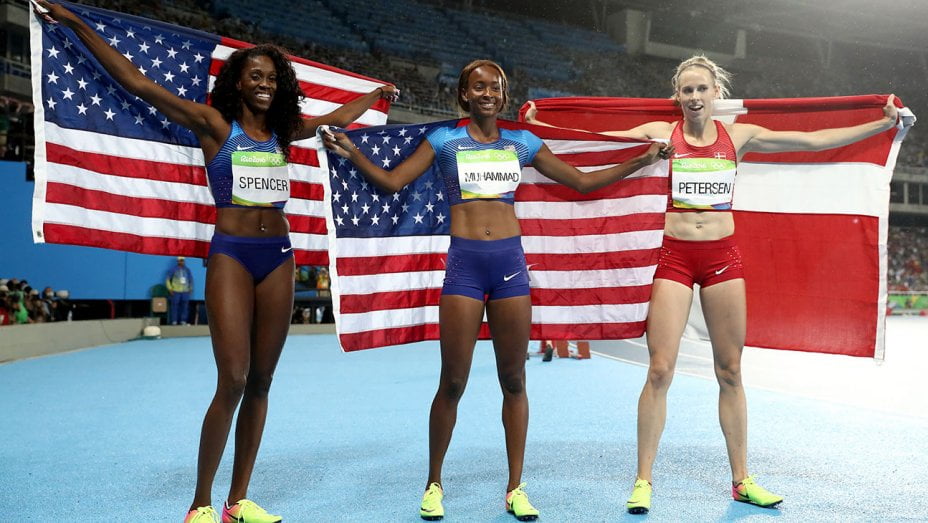The $10,000 competition will test AI with demanding situations that had been initially designed to test animal cognition—to see how close we’re to machines that have a familiar feel. In one of all Aesop’s fables, a thirsty crow finds glass with a small quantity of water beyond the attain of its beak. After failing to push the pitcher over, the crow drops pebbles in one at a time till the water stage rises, permitting the bird to have a drink. For Aesop, the delusion confirmed the superiority of intelligence over brute electricity.

Recommended for You
Hackers trick a Tesla into veering into the wrong lane. Sorry, graphene—borophene is the brand new Marvel material that’s were given everybody excited. A space startup that 3D-prints its rockets just was given its first consumer. Intel buys into an AI chip that may switch statistics 1,000 times quicker. Machine getting to know is making pesto even greater scrumptious Two and a 1/2 millennia later. We’d get to see whether AI could pass Aesop’s ancient intelligence check. In June, researchers will educate algorithms to grasp a suite of obligations that have historically been used to check animal cognition. This might be the Animal-AI Olympics, with a share in a $10,000 prize pool on providing.
Usually, AI benchmarks contain studying a single project, like beating a grandmaster in Go or identifying how to learn an online game from scratch. AI has been primarily a hit in such geographical regions. But while you follow the same AI structures to a very one-of-a-kind assignment, they are typically hopeless. That is why, within the Animal-AI Olympics, the identical agent will be subjected to 100 formerly unseen duties. What is being tested is not a specific sort of intelligence but the capacity for a single agent to evolve to numerous environments.
This would demonstrate a restricted shape of generalized intelligence—a kind of shared experience that AI will need if it’s far ever to achieve our houses or in our daily lives. The opposition organizers accept that none of the AI structures may adapt flawlessly to each circumstance or publish an ideal rating. But they hope that the social structures will adjust to tackle the unique issues they face.
The Animal-AI Olympics is creating a crew of researchers at the Leverhulme Centre for the Future of Intelligence in Cambridge, England, in conjunction with good, a Prague-primarily based studies institute. The competition is part of a more significant undertaking on the Leverhulme Centre known as Kinds of Intelligence, which brings together an interdisciplinary team of animal cognition researchers, computer scientists, and philosophers to recollect the variations and similarities between human, animal and mechanical methods of thinking. And at the same time, as most of the tasks are usually used as intelligence checks for animals, it’s going to tiptoe into human territory additionally: some of the challenges are used to test cognition in toddlers and young children. The group hopes to consist of extra-human cognitive obligations in the future, more complex variations of the challenge.
Rather than asking researchers to construct real robots, Marta Halina, the group’s director, and her group advanced a virtual environment created with Unity’s video-recreation development software program. The setup simulates a lab checking out animal cognition surroundings, complete with meal rewards, walls, and free items. Later this month, this simulated “playground,” as Halina calls it, could be released to the AI network, and researchers may be invited to educate sellers that could navigate it.
The dealers will be computer systems that could act autonomously in these surroundings, much like the AI bots that OpenAI and DeepMind have developed to compete in games like Dota and Starcraft. The competition organizers welcome any approach to building these dealers and assume that many will opt for reinforcement learning. But they may be additionally hoping that researchers will experiment with new methods—specifically what they name the “cognitive method,” inclusive of that championed through researchers like Josh Tenenbaum at MIT, which entails simulating human (or, in this situation, animal) hassle solving and mental processing in an automated model.








